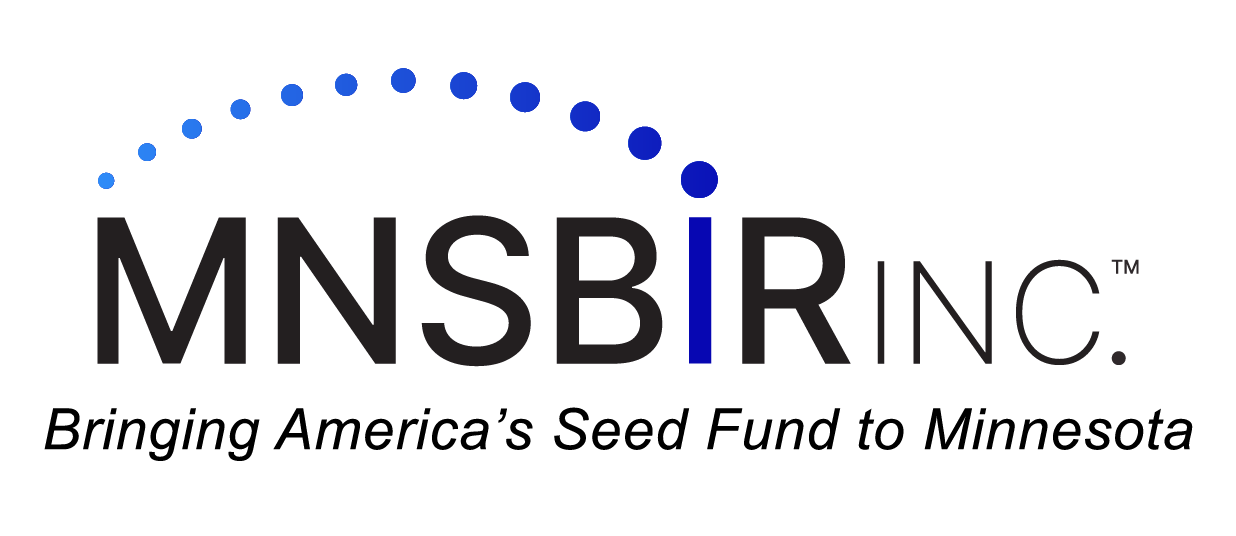NIH to partially lift freeze on grant reviews, but obstacles remain
Pause on posting notices had led to scores of canceled meetings
26 Feb 20253:50 PM ET
By Jocelyn Kaiser
President Donald Trump’s administration has partially lifted a bureaucratic roadblock that had halted meetings of peer-review committees that review grants proposals at the National Institutes of Health (NIH).
The policy change will allow NIH to post public notices in the bulletin known as the Federal Register. The agency is required to post such notices at least 15 days in advance for meetings of NIH panels known as study sections. Since Trump took office on 20 January, NIH has been barred from posting these notices as part of a “communications pause.”
Many study sections scheduled for the past few weeks were still able to meet because they had notices posted before 20 January. But by last week, the number of panels that had met the notice requirement was petering out. Scores of these panels organized by the NIH Center for Scientific Review (CSR) have been canceled with just a day’s notice, frustrating reviewers who had prepared for them as well as the NIH officials who convene these meetings.
The lift on Federal Register notices was first reported by STAT 2 days ago and confirmed in guidance posted today and viewed by ScienceInsider. It states that CSR “can begin sending notices incrementally to the Office of the Federal Register to advertise meetings of scientific review groups/study sections and begin their resumption.” (Exactly when they will resume is unclear.)
NIH said in a statement that “CSR will submit Federal Register Notices for the next 50 meetings.”
Peer-review panels run by NIH’s 24 grantmaking institutes and centers, which review 24% of proposals, apparently are still barred from posting notices, however. And NIH is still not allowed to post the notices for institute councils, which conduct the second stage of peer review, according to the notice.
According to NPR, the frozen reviews have delayed 16,000 grant proposals competing for $1.5 billion. (NIH awards more than $39 billion total in extramural funding.)

